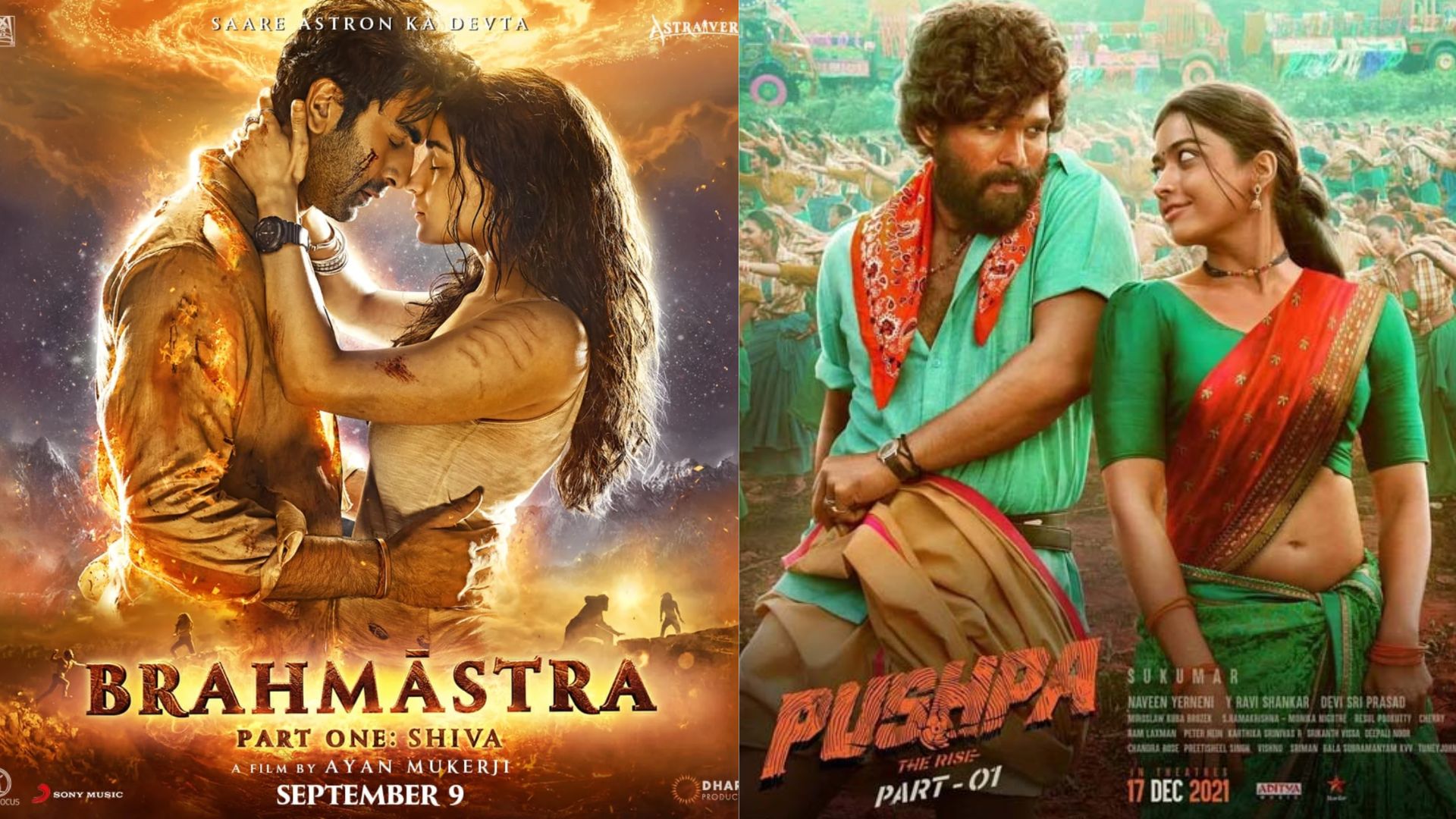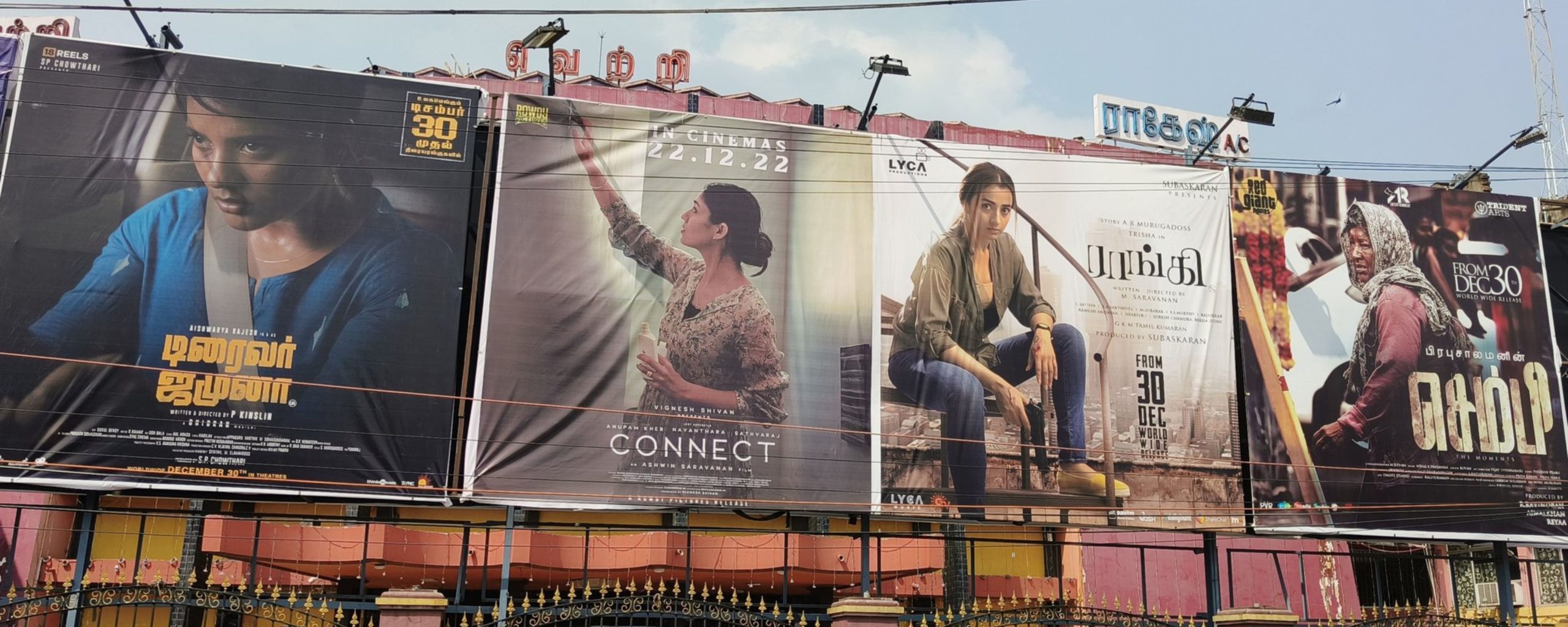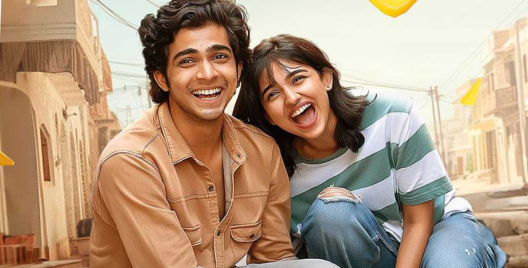For a long time, the privilege of occupying a large ratio of the poster canvas was exclusive to the men in the story. On rare occasions, when women made it to the poster, they were objectified. The first holiday (New Year) weekend of 2023 woke up to what essentially was a culmination of change that was slowly brewing over the last few years in Tamil cinema and the Indian film industry, as a whole. A viral tweet captured an array of only women-led films
currently running in Chennai for the New Year holiday weekend.
Almost every Indian family harbors a tradition of watching films during holidays—either at home or in theatres. Many male heroes, across languages, have designed their films to fit the festival release. Living through that, this delightful sight at one of the most happening theatres like Vettri which is known for carrying life-size cutouts of male heroes displaying their masculinity carried a beacon of hope to the kind of inclusive stories and representations
2023 has in store. Of the four Tamil films in the picture Kovai Sarala’s Sembi (2022), Aishwarya Rajesh’s Driver Jamuna (2022), and Trisha’s Raangi (2022) are exclusive New Year releases while Nayanthara’s Christmas release Connect (2022) is continuing its successful theatrical run.
Is it just a banner? What does it signify?
Actor Tamannaah in an interview while talking about the gender pay gap in the film industry says, “Making it to the poster of the film is more difficult than getting the paycheck as my peers.” Her statement is a reflection of how the industry positions a film, markets it and promotes it. Even in films that revolve around women like Kanaa (2018), Nerkonda Paarvai (2019), Bigil (2019), Etharkkum Thunindhavan (2022), Dangal (2016), Chak De! India (2007)
men occupied maximum space in the posters. Recent multi-starrer pan-Indian films like Ponniyin Selvan: I (2022), Baahubali franchise, and RRR (2022) also use the M.O. of highlighting the men of the story to pull the crowd inside the theatres. One could argue that in these films female characters are not as prominent as their counterparts and hence, the lack of representation. I agree, but so are they in films like Pushpa: The Rise (2021), Brahmastra
Part One: Shiva (2022), and Liger (2022) where women are allowed to occupy a considerable poster space if they are objectified or in nurturing roles.

From a business perspective, film posters are the first marketing and strategizing tool that sets the tone of the film for the audience. It is not a secret that creators in a male dominant industry believe that men will pay money to see men (and objectified women) on screen.
A Shift Powered by OTT Platforms
Women may represent half of the global population in real life, but they hardly make up one-third of the fictional film worlds. For decades half the movie-going audiences have demanded the need to see women across age, caste, class, and abilities to be reflected on screen. Though films like Aruvi (2016), Taramani (2017), and Thappad (2020) were financially successful, it required sound producers to accept the risk of backing taboo-breaking stories
in a patriarchal society.
The OTT boom during the pandemic paved the way for financially minimum-risk films to reach a wider audience. As it created a level-playing field for all actors, the frequency of women-led stories soared high. The success of The Great Indian Kitchen (2021) after its OTT release changed how filmmakers viewed the new platform to tell realistic stories beyond the language barrier. Aishwarya Rajesh’s Ka Pae Ranasingam (2020), Nayanthara’s Netrikann (2021), Keerthy Suresh’s Penguin (2020) and Miss India (2020), Vidya Balan’s Sherni (2021), Jalsa (2022) & Shakuntala Devi (2020), Aishwarya Lekshmi’s Ammu (2022) and Kaanekkaane (2021), Anna Ben’s Sara’s(2021), and more such films with well-rounded, holistic female characters released exclusively on OTT platforms.

Soon after the pandemic, as theatres started reviving, the filmmakers had enough data to back women-led stories without the fear of burning their pockets in the process. Sai Pallavi’s Gargi; Rohini and Shraddha Srinath starrer Witness are classic examples of that in the year 2022.
Plurality of Perspectives

Two years ago when Thappad was released it was the first of its kind to speak about domestic violence. It bore the weight of an impossible mission of speaking for all survivors. Now, from Ammu (2022), and Darlings (2022) to the Malayalam theatrical blockbuster Jaya Jaya Jaya Jaya Hey (2022), there are a plethora of films about intimate partner violence from all perspectives. Women are not homogeneous and so are their stories. Like our male heroes who have incredibly failed numerous times at presenting convincing stories to their audience, there is a huge possibility for women-led films to do the same. Having watched Sembi (2022), Driver Jamuna (2022), and Connect (2022)—I have many disagreements with the representation of women in the former two films. But that’s okay. The
fear of mistakes has never stopped our male actors to quit or stop telling certain types of stories, so why should women be placed on the pedestal of unattainable perfection? After many more such arrays of film posters with our women inhabiting our city walls, after many such superficial films on equality, I am hopeful that we’ll have 4 AM releases of not just women-led but also women/queer-made stories of absolute joy erupting in our theatres for
festivals.














